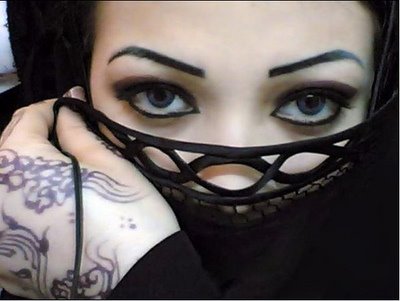
Nowruz is the most important holiday in Iran. Preparations for Nowruz begin in the month Esfand (or Espand), the last month of winter in the Persian solar calendar.
Spring cleaning and visiting one another
Further information: Spring cleaning
Spring cleaning, or Khouneh Tekouni (literally means 'shaking the house') or 'complete cleaning of the house' is commonly performed before Nowruz. Persians (Iranians and Tajiks) and other groups (Kurds, Armenians, Azarbaijanis, Balochs and various Turkic nations) start preparing for the Nowruz with a major spring-cleaning of their houses, the purchase of new clothes to wear for the new year and the purchase of flowers (in particular the hyacinth and the tulip are popular and conspicuous).
In association with the "rebirth of nature", extensive spring-cleaning is a national tradition observed by almost every household in Persia. This is also extended to personal attire, and it is customary to buy at least one set of new clothes. On the New Year's day, families dress in their new clothes and start the twelve-day celebrations by visiting the elders of their family, then the rest of their family and finally their friends. On the thirteenth day families leave their homes and picnic outdoors.
During the Nowruz holidays, people are expected to visit one another (mostly limited to families, friends and neighbors) in the form of short house visits, which are usually reciprocated. Typically, on the first day of Nowruz, family members gather around the table, with the Haft Seen on the table or set next to it, and await the exact moment of the arrival of the spring. At that time gifts are exchanged. Later in the day, the first house visits are paid to the most senior family members. Typically, the youth will visit the elders first, and the elders return their visit later. When in previous year, a family member is deceased, the tradition is to visit that family first (among the elders). The visits naturally have to be relatively short, otherwise one will not be able to visit everybody on their list. A typical visit is around 30 minutes, where you often run into other visiting relatives and friends who happen to be paying a visit to the same house at that time. Because of the house visits, you make sure you have a sufficient supply of pastry, cookies, fresh and dried fruits and special nuts on hand, as you typically serve your visitors with these items with tea or sherbet. Many Iranians will throw large Nowruz parties in a central location as a way of dealing with the long distances between groups of friends and family.
Some Nowruz celebrants believe that whatever a person does on Nowruz will affect the rest of the year. So, if a person is warm and kind to their relatives, friends and neighbors on Nowruz, then the new year will be a good one. On the other hand, if there are fights and disagreements, the year will be a bad one.
It is customary to visit the cemeteries in last Thursday night of the year or in last Friday morning and read the Sura Al-Fatiha for the passed members of the family,friends or any other deceased ones in the cemetery.One tradition that may not be very widespread (that is, it may belong to only a few families)[citation needed] is to place something sweet, such as honey or candy, in a safe place outside overnight. On the first morning of the new year, the first person up brings the sweet stuff into the house as another means of attaining a good new year.

No comments:
Post a Comment